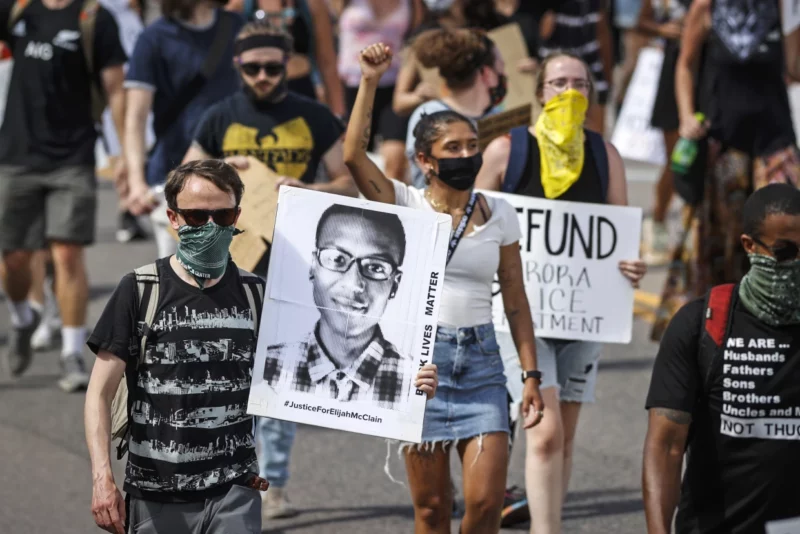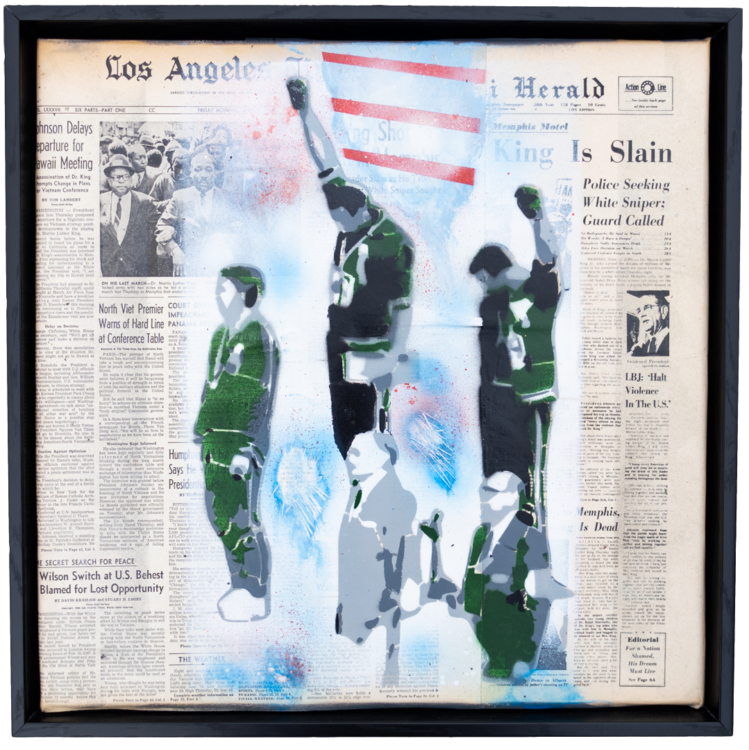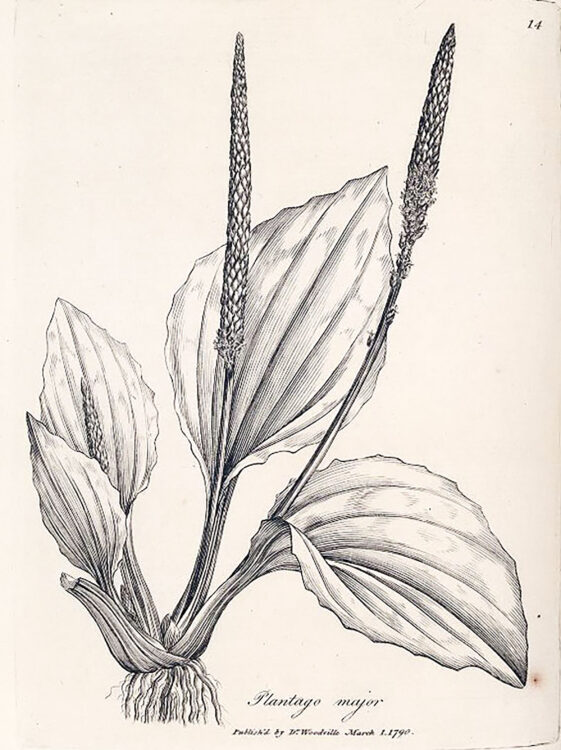Trial to begin in death of Elijah McClain, who was injected with ketamine while in a police chokehold
Share
Explore Our Galleries
Breaking News!
Today's news and culture by Black and other reporters in the Black and mainstream media.
Ways to Support ABHM?
By Deon J. Hampton, NBC News
The 23-year-old massage therapist was walking home from a store when he was stopped by officers four years ago in Aurora, Colorado.

DENVER — The trial of two men charged in the death of Elijah McClain, a Black man who was placed in a chokehold by police in Aurora, Colorado, and injected with a powerful sedative, is expected to begin this week.
The joint trial is the first of three scheduled this year involving the 23-year-old massage therapist’s encounter with police and first responders on the night of Aug. 24, 2019, after he bought iced tea from a corner store.
McClain’s death prompted months of protests demanding justice and police reform that were a precursor to national demonstrations held the following year in response to the police killing of George Floyd in Minneapolis.
The Colorado attorney general’s office has charged two police officers, a former officer and two paramedics in the Denver suburb of Aurora with one count each of manslaughter and criminally negligent homicide, as well as other charges contained in a 32-count indictment handed down by a grand jury in 2021.
They have all pleaded not guilty.
Read about the opening arguments.
When everyday activities can lead to your death, some Black Americans wonder if they’re really free at last.



Comments Are Welcome
Note: We moderate submissions in order to create a space for meaningful dialogue, a space where museum visitors – adults and youth –– can exchange informed, thoughtful, and relevant comments that add value to our exhibits.
Racial slurs, personal attacks, obscenity, profanity, and SHOUTING do not meet the above standard. Such comments are posted in the exhibit Hateful Speech. Commercial promotions, impersonations, and incoherent comments likewise fail to meet our goals, so will not be posted. Submissions longer than 120 words will be shortened.
See our full Comments Policy here.